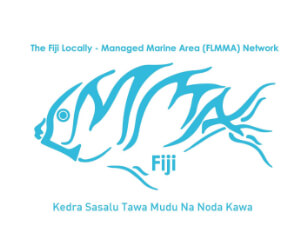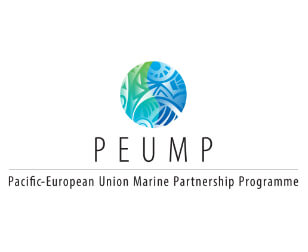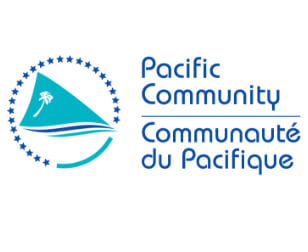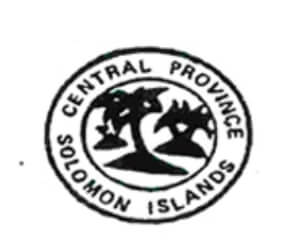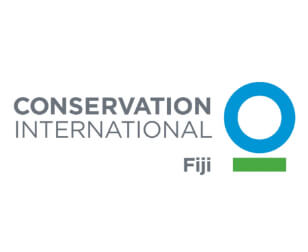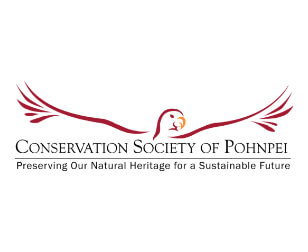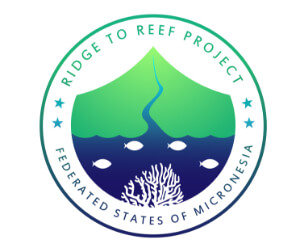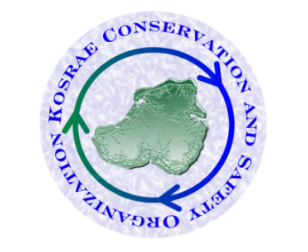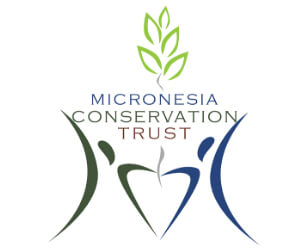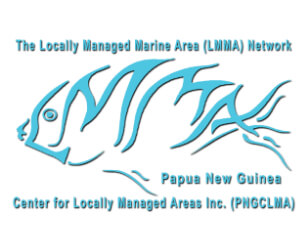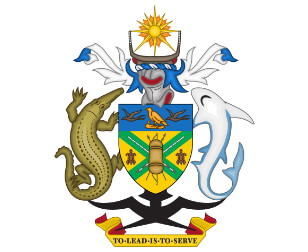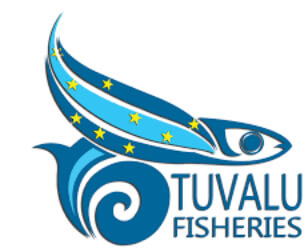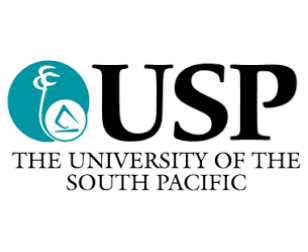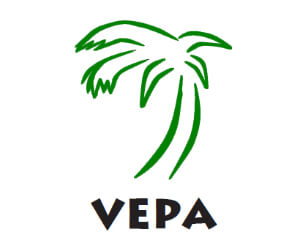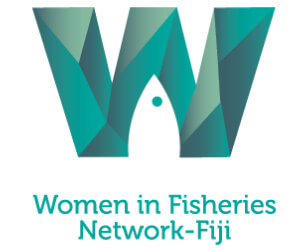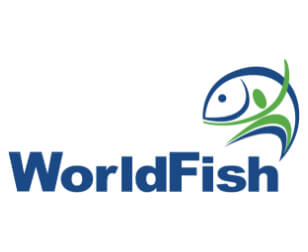Rapid Insights and National Responses
Global shocks from the COVID-19 pandemic caused impacts on food systems around the world.
Understanding how the pandemic impacted Pacific Island communities presented an opportunity to collaborate with local partners across our network. We worked with 18-organisations who conducted over 600 rapid assessment surveys in 181 villages across seven Pacific Island nations to understand pressures on local food practices and how coastal communities adapted to sustain food security.
Project Partners
What did we find?
Effects on Communities
Across the Federated States of Micronesia, Fiji, Palau, Papua New Guinea, Solomon Islands, Tonga, and Tuvalu, communities adapted to address insecure food systems that were exposed during the first months of the COVID-19 crisis.
Local food and traditional practices, including food sharing, farming, and fishing, which have sustained rural communities through disasters for centuries, conferred resilience during COVID-19.
A respondent in Tonga explained, “It is still our tradition to share food with the community,” echoing sentiments expressed by villagers in every country in our study.
But it was also found that an over dependence on imported foods reduced local capacity to meet food needs. There is much more we can do to develop food policies that can help prepare communities for future shocks, including those anticipated with climate change. This was evident among communities that experienced cyclones during the pandemic.
Figure: How communities sourced food security
in the early months of the pandemic
An indigenous Fijian iTaukei woman explained, “Some farms were affected during the cyclone and, on top of that, we couldn’t go to town to buy groceries because of travel restrictions. So, we were depending on seafood.”
People in communities across the region reported increasing local food production or shifting their use of local foods in response to the food systems shocks associated with COVID-19.
But villages with in-migration or had experienced impacts from cyclones observed increases in fishing pressures.
Effects on Local Seafood Markets
The commercial fishing sector, and countries with greater reliance on tourism experienced the most effects from the pandemic on local seafood markets.

But reduced prices also incentivised increased fishing pressure.
Policy Insights
Coastal fisheries are critical for food security, livelihoods and cultural practices for Pacific Island communities. But these fisheries are under increasing pressure to support growing populations and needs for livelihoods, including cash income and development aspirations.
This study informs how instilled cultural values supports community resilience to sustain food security, though how resilient communities are depends on their connectivity locally and globally. The reciprocal exchange of resources and knowledge can serve as a mechanism that enables coping and recovery after major disturbances. Although not all communities in the Pacific enjoy strong sharing networks. Communities with a higher dependence on markets showed less resilience.
Diversification of food systems is critical to support community capacity to respond to future shocks, including climate change impacts. This is why short-term resource (fisheries) management needs to be reinforced because of the heavy reliance on natural resources and the uncertainty of the future stocks, including the prolonged effects of the pandemic.





